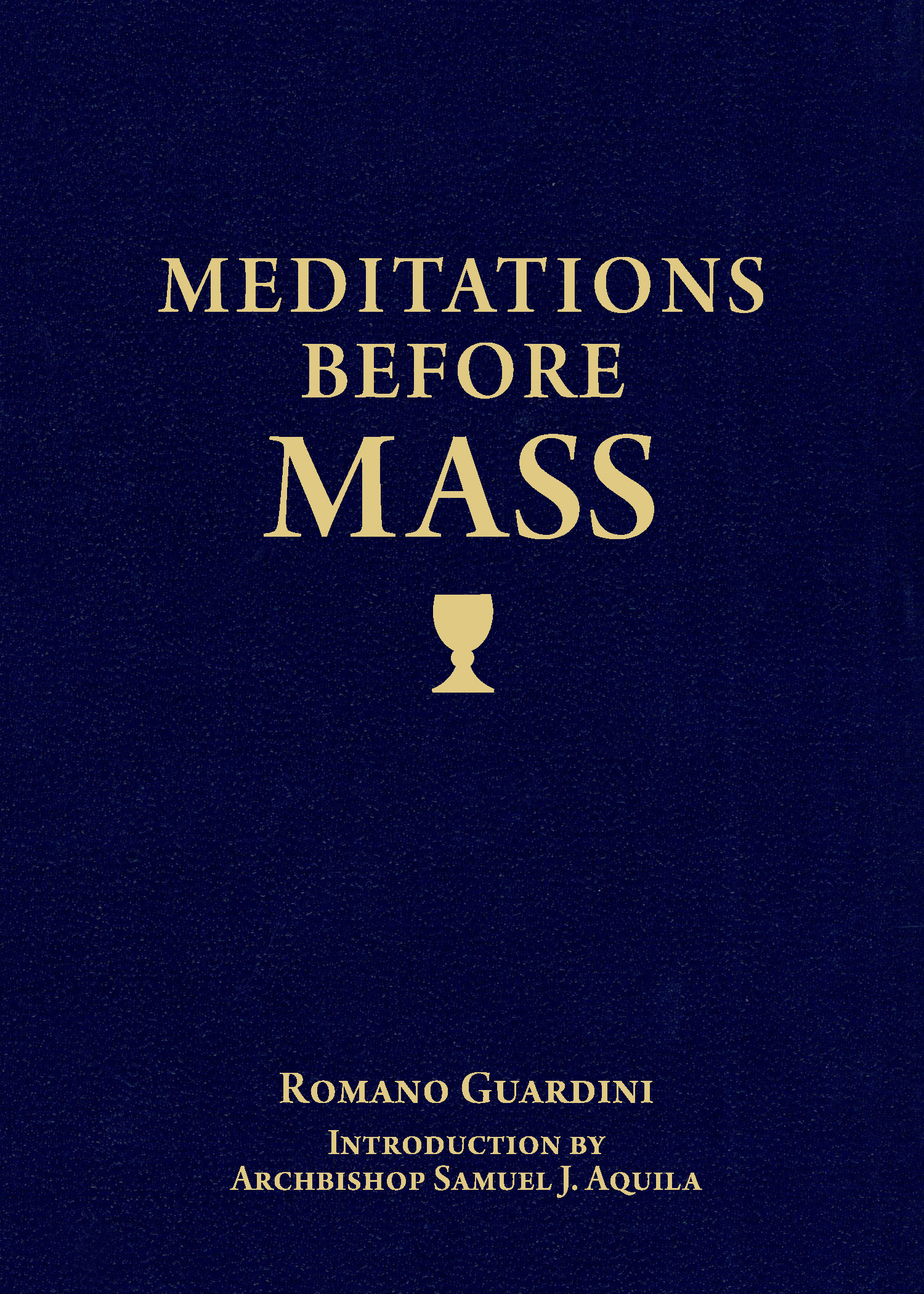Jesus’ Self-Offering in the Mass

Every believer worthy of the name must sometime undergo the danger of scandal and its trial by fire. Some, the intrinsically shielded children of God, are able to come through; certainly not the majority.
We, too, must have felt the enormity of what took place at Capernaum, of that which so incensed the Jews and so shocked many of the disciples that they declared Jesus’ words intolerable and left Him. It was the shock that probably shattered Judas’ faith, the other eleven saving themselves only by a blind leap of trust to the Master’s feet.
The impact of the message of Capernaum by no means leaves an impression of idyllic and sentimental wonderment, as the average book of devotions suggests. It is an unheard-of challenge flung not only at the mind, but, as we see from the stark scene at Capernaum, at the heart as well. There stands Christ and declares that He desires to give Himself to us to become the content and power of our lives. How can one person give himself to another — not things that he possesses, or knowledge or experience or help or trust or respect or love or even community of life — but his body and his soul to be our food and drink? And He means it really, not spiritually.
The quotation on which the Symbolists base their theory — “It is the spirit that gives life; the flesh profits nothing” (John 6:63) — by no means indicates that Jesus’ words over the bread and wine were intended to mean: “My spirit shall fill you; my strength shall strengthen you.” He might have said this, but He did not. The whole point of the speech at Capernaum is its insistence on real flesh, real blood, real eating and drinking in the spirit, of course, but that means in the Holy Spirit.
The Lord was referring to sacrifice, yes, but not as the hearers’ familiarity with Temple sacrifice would suggest; not in the general, impersonal sense of the Old Testament, but in the intimate mystery of faith. The glorious reality of Jesus’ sacrifice compares with the disciples’ dim conception of it much as the risen body of the Lord in the full power of the Holy Spirit compares with the body that stands before them.
Nothing helps but to warn ourselves: here is the steepest, highest pinnacle of our faith (or the narrowest, most precipitous pass through which it must labor to reach full, essential freedom). Experience has shown that those who water down reality here at the summit of Christianity continue to do so all the way down the line: in their conceptions of the Church, of the Incarnation, of Christ’s divine Sonship, of the truth of the triune God.
The test of Capernaum is in truth faith’s supreme test. The man who refuses to master his feelings when they stand between him and God is unfit for the kingdom of God. This is where the great conversion, the change of measuring rods takes place. Not until the earnestness of the decision has been felt and the danger of scandal faced and overcome does the miracle of this ultimate mystery unfold. Then, suddenly, as if self-understood, comes the blissful knowledge that love perfectly fulfilled can give not only all it has, but all it is: itself.
No earthly love is ever perfectly fulfilled. To love in the earthly sense really means to strive for the impossible. St. John hints at the otherness of divine love: not only does God love; He is love! He alone not only desires to love, but can love “to the end” (John 13:1).
Jesus desires that men receive and make their own the gift of His vital essence, strength, His very Person as fully and intimately as they receive and assimilate the strength and nourishment of bread and wine. He even adds that the person who is not so nourished cannot possess ultimate life.
No earthly gift of love, even if it were possible, could ever be the perfect gift that Jesus’ self-offering is — utterly devoid of accompanying impurities and toxins. He is total purity, total power, total vitality, and more: the prerequisite of that immortal, ultimate life which alone is capable of existence before God throughout eternity. Jesus really means what He said at the Last Supper: “Thomas said to him, ‘Lord, we do not know where Thou art going, and how can we know the way?’ Jesus said to him, ‘I am the way, and the truth, and the life’ ” (John 14:5-6).
+
This article is from a chapter in Meditations Before Mass by Romano Guardini which is available from Sophia Institute Press. 
Art for this post on Jesus’ self-offering in the Mass: Enhanced detail of Last Supper, Philippe de Champaigne, 1648, PD-US author’s life plus 100 years or less, Restored Traditions, used with permission. Cover of Meditations Before Mass used with permission.




